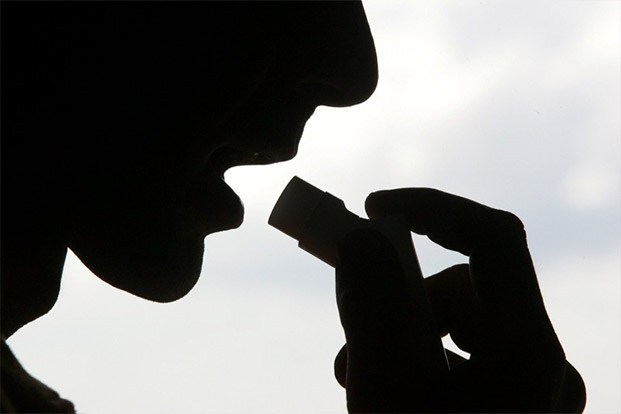Living With Asthma
Apr 19, 2022
Asthma can be defined as a disease of the airways, which if left untreated can cause major complications. When associated with co morbidity such as heart disease, hypertension, diabetes and obesity, asthma can cause major issues. It is best that it is detected at the right time and proper care and medication is followed. If you are diagnosed with Asthma, the following are few of the recommendations that you need to always follow:

Consult a specialist:
The diagnosis should be confirmed by a Pulmonologist. He is an expert in diseases and complications associated with the airways or the pulmonary system of the body. He shall be able to provide you a combination of the best drugs to take care of your emergency situations.
Follow up is essential:
There should be a proper follow up with the specialist on a yearly basis or as recommended by the treating doctor. This is important so that the doctor is able to see the effect of various medicines on your health.
Keep the bronchodilator handy:
Allergic/asthmatic reactions can be caused anytime. Changing seasons, weather conditions can all cause complications. It is advised that you always carry the inhaler with you.
Avoid dusty places:
If it’s a windy day or you are travelling by road try and keep away from the dust. You can prefer to stay indoors or travel by transport that keeps the windows covered. Avoid going to crowded / dusty places.
Always clean your bed / pillows while going to bed:
This is important to remove any lying dust particles that can cause an asthmatic attack. Make this an everyday routine.
Keep your house clean especially your bathroom to avoid fungus:
Moulds are a major reason for asthmatic reactions. Keep a check on your bathroom, kitchen or any area that remains damp. Clean the same regularly.
Ventilate your house:
Keep your house in proper ventilation and if possible keep an exhaust in your kitchen.
Avoid strong smells:
Avoid strong smell and dust. If you are having an allergy to eatable / articles then go for an allergy testing. Also try cooking with mild flavors and avoid spices.
Avoid going outside in humid environment:
Never cross hot to cooled room / environment very frequent
Never be panic in exacerbation:
Never hold your breath. Take deep breathing exercise regularly.
Be ready always:
If you are suffering from asthma then always keep a nebulizer machine near your bedside and take nebulization as prescribed by your doctor. Never use bronchodilator in frequent intervals. Keep your nostril clean to avoid nasal congestion.
Avoid smoke:
Avoid smoke during puja and hawans. Keep a distance from people who are smoking. During winters keep away from bon fires.









